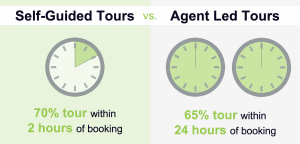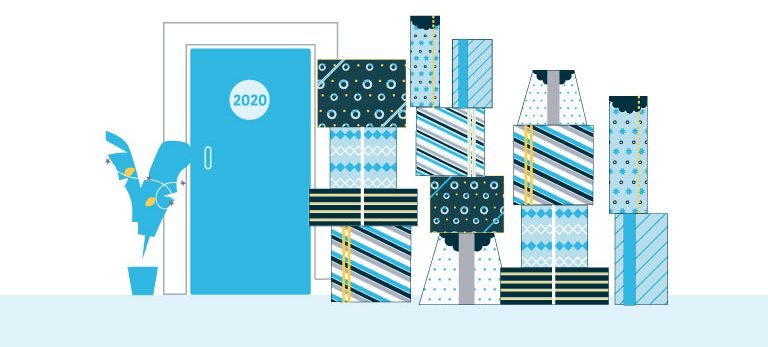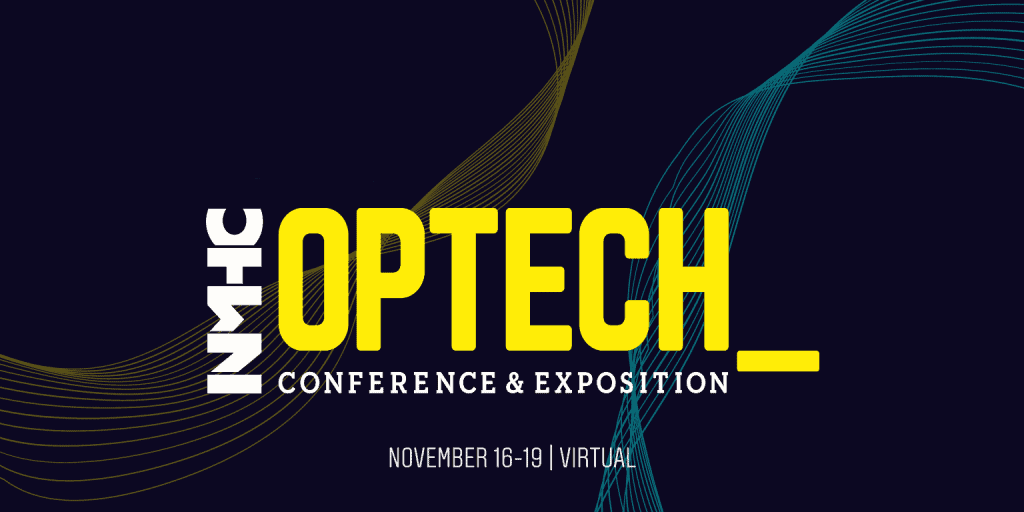Fetch was able to participate in a number of activities at this week’s NMHC OpTech Virtual Event.
Our CEO, Michael Patton, took part in a well-attended panel discussion called Before, During and After: Data Tells the Story of the Pandemic.
Didn’t have a chance to stop by? Here are some key takeaways from the session.
Moderator Justin Choi, Director of Marketing for Sequoia kicked off the discussion by reflecting on the rapid changes the multifamily industry has seen as they adapt to the new normal the last 8 months. Common trending questions management companies must address such as – overall demand, are people still looking to move? Rent collections? Are renters willing to pay? And how much are management companies actually collecting?
Several other topics that seem to come up quite regularly for operators are centered around services such as, Self-Guided Tours, Smart Communities and Package Solutions.
From there, we dove right into some data around these topics for the session. Choi reminded viewers to keep in mind the customer journey and how consumer behavior and expectations are changing alongside this data.
Self-guided tours were something operators were hesitant to jump into until the pandemic. Now the industry is seeing how much faster a prospect tours after booking an appointment. Anyone Home’s CEO Todd Katler referenced that
70% of self-guided appointments now result in a tour within 2 hours of booking an appointment compared to 65% of appointments tour within 24 hours with a traditional agent-led method.
Anyone Home also found that self-guided tours lead to cutting down on the time for move-ins by 10 days, resulting in less vacancy loss for management companies.

Demetrios Barnes, CEO of SmartRent discussed another interesting stat – 35% of traffic is found to be immediately touring at their smart-tech-enabled communities.
Another point to consider when it comes to jumping on the self-guided touring bandwagon. Lease-to-lead conversion rates where properties were offering both self-guided tours and agent-led versions saw a 38% increase in conversion rates. This data points to the fact that this was a choice that the prospect always wanted says Katler. COVID was just a catalyst for making it happen. Self-service culture has become more and more prevalent. People like to consider on their own time where they want to put their couch or what their future apartment might sound like at night. In multifamily, about 14% of tours are happening outside of operating hours – indicating that prospects want to tour when it’s convenient for them.
Michael Patton, CEO of Fetch brought up the fact that people want optionality and are more tech-forward than we give them credit for.
Barnes noted that in August, SmartRent had the highest number of devices installed for the year as demand continues to climb. Progression of adoption starting in March, resulted in 70% month over month increases for installs.
Choi then pivoted to how the partnership for Fetch worked around access control, as it’s essential for our direct-to-door delivery process. Patton touched on how coordinating FOBs and managing that chain of custody is a headache for communities that don’t have smart tech installed and it’s proven to be the best way to think about access control for the future.
A question was raised from the audience about how iOT and data analysis will continue to influence decision making for multifamily. Katler mentioned that he expects to see the inside sales process approach grow as remote enablement and self-service continue to be embraced. These days, it’s not so much about coverage as it is about engagement which can easily take place remotely. Barnes suggested we might see rerouting of the touring path and property layouts where possible. Choi mentioned that roles and responsibilities will change as staff will be less focused on touring and instead more focused on interacting with their residents. Katler touched on how it’s not about reducing the leasing staff, but what the staff do and where they do it.
As the conversation shifted to package management, Patton discussed the ecommerce growth fetch was seeing prior to COVID at standard rates of roughly 13%, which was already becoming unwieldy for on-site teams. Since March, ecommerce growth has come closer to 30% for Fetch’s clients and even as much as 40-50% for A-type assets where the demographic is more inclined to shop primarily online. Package volume combined with operating a community with no in-person contact has lead to a real concern for the industry. Furniture and groceries are also more common for people to order online where they weren’t potentially comfortable before. With this information, experts are now saying that COVID has shifted behavior 5 years into the future. It’s easy to see how communities were just planning for how to handle package volume for the next few years – it’s already surpassed that. In fact, the newest up-and-coming holiday – “Amazon’s Prime Day” was up 45% from 2019 and this year’s holidays are expected to be similar.
Fetch is forecasting to deliver easily over 3.5M packages in 2020, and is currently servicing 481 communities. With that volume, they could easily fill a standard-sized leasing office over 5,700 times.
At the pre-COVID unit level, Fetch users were receiving roughly 6-7 packages per month. When the pandemic hit – users averaged more like 9-10 packages a month, surpassing 2019 holiday levels!
fetch now forecasts users will receive around 14-15 packages per month for the holiday season.

Patton went on to remind viewers that Fetch partners with full communities and it’s rolled out as a building-wide policy. We give residents their unique Fetch address and have them ship their packages directly to one of our 23+ secure Fetch facilities. We coordinate the delivery in a 2-hour window and truly remove the on-site team from the entire process so they can shift their focus to other things.
Choi was quick to point out that you’re also consolidating the number of couriers on your community with a fully contactless solution with Fetch versus if onsite staff members are dealing with packages themselves.
Choi ended with asking all of the panelists – what does the future of Multifamily look like? Patton responded with, “Frictionless and Seamless”, Katler said “Centralized” and Barnes replied “Automated”. Great food for thought as we look at wrapping up the 2020 year and determining what’s next going into 2021.






